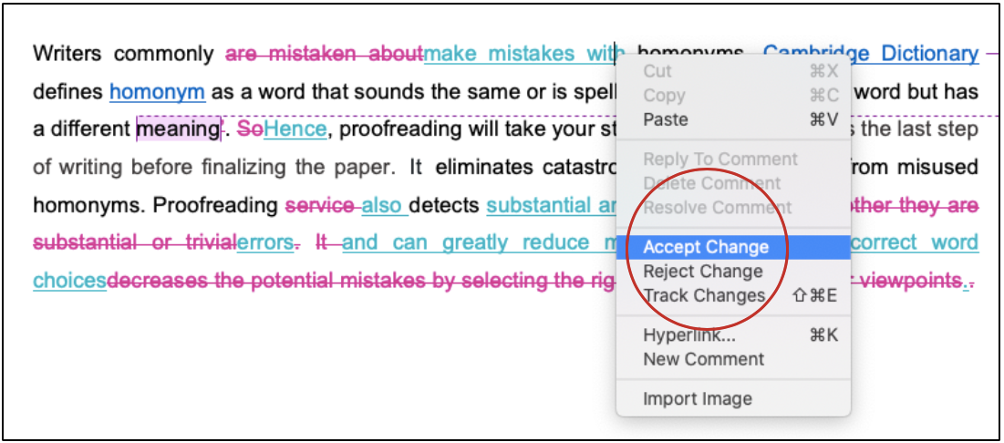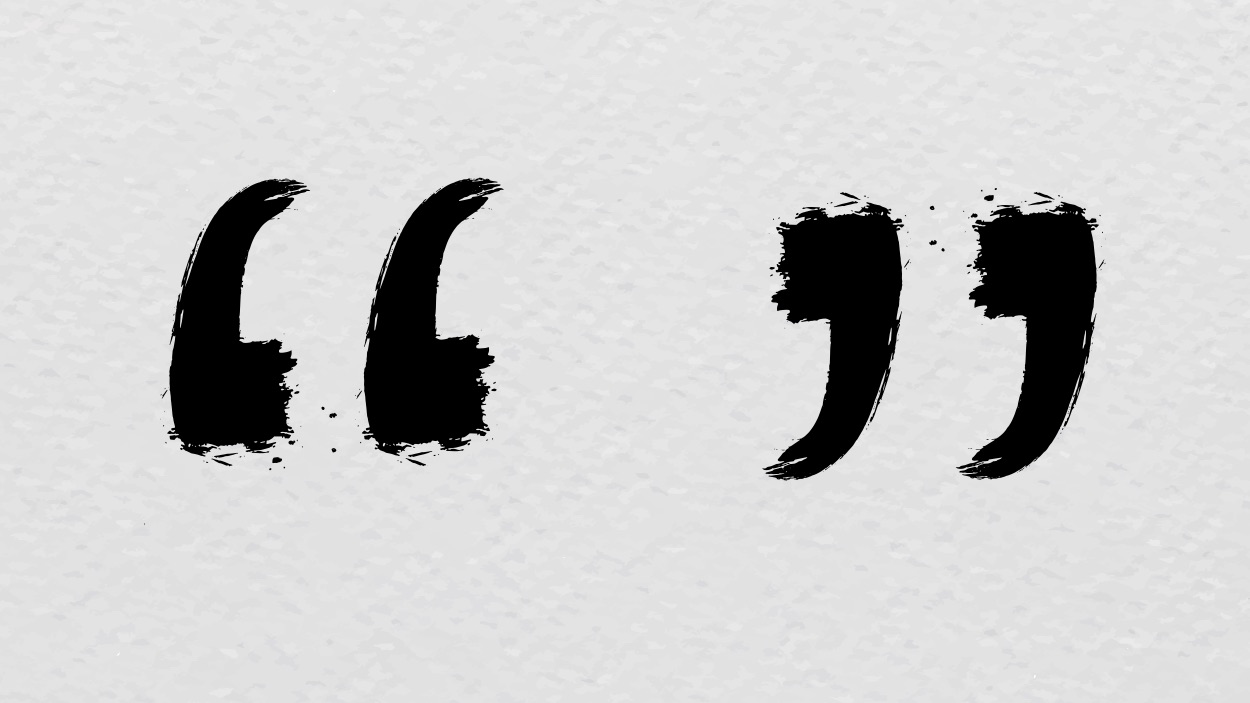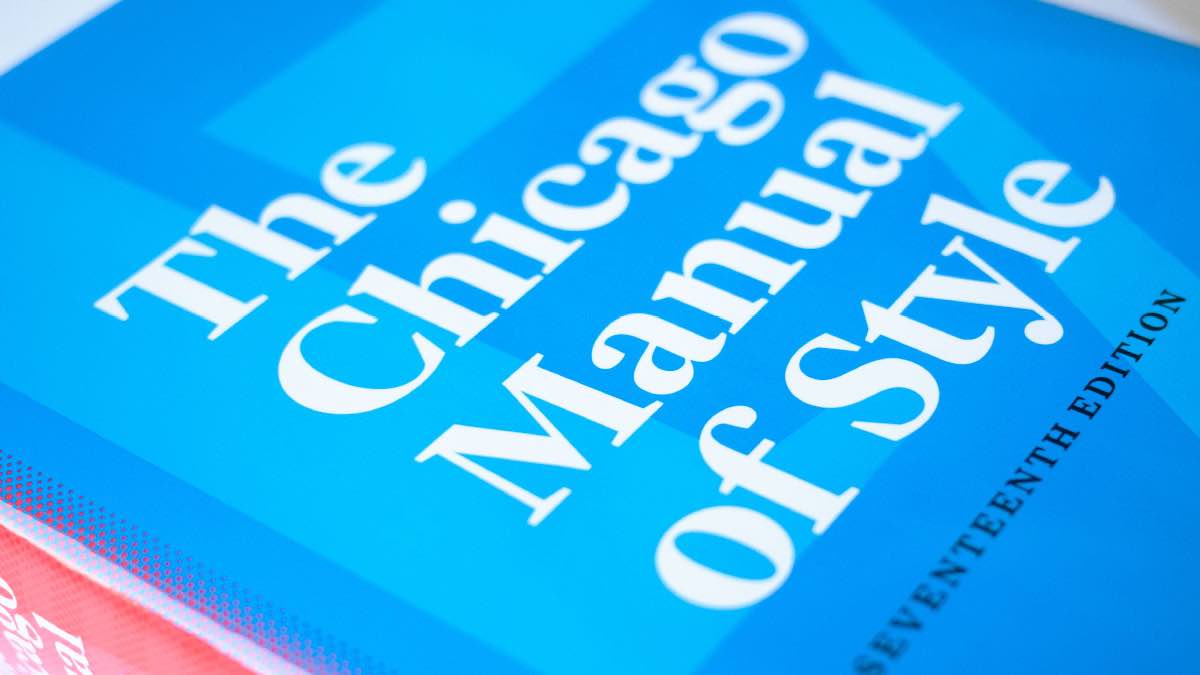As a college student in the USA, the UK, Canada, or anywhere else, you may have a wealth of opportunities for freelance work due to your connections. Freelancing can be an excellent way to create an income stream and expand your writing portfolio. Take early advantage of your education while you're still in school and start a freelancing career. This handout provides an easy guide for freelance opportunities for college students.

This handout provides an easy guide for freelance opportunities for college students. To give you an opportunity to practice proofreading, we have left a few spelling, punctuation, or grammatical errors in the text. See if you can spot them! If you spot the errors correctly, you will be entitled to a 10% discount.
Freelancing can be an excellent way to create an income stream and expand your writing portfolio. Take early advantage of your education while you're still in school and start a freelancing career.
As a college student in the USA, the UK, Canada, or anywhere else, you may have a wealth of opportunities for freelance work due to your connections. For example, if you previously completed an internship as an undergraduate, reach out to the company, and offer your freelance services. Your former intern status may give you an advantage over any competition, and the company may be interested in keeping you onboard in some capacity. Or, if you left your previous employer on good terms to pursue your post-grad degree, you may want to think of asking if they'd like to invite you back on a freelance contract.
Also, remember that your professors can probably do more than just lecture. Many professors have connections through their careers and can help you network and find professional opportunities. Professors often enjoy connecting students with opportunities, and networking with faculty is one of the many benefits that come with earning a college degree.
However, stay away from offering to write academic material for fellow students, as this can constitute a violation of your school's academic policies.
College years are a great time to start freelancing because it's more natural to blend into your daily academic routine. You're probably already writing for your courses, so why not write to earn money as well?
Let's say you have a class that ends at 11 a.m. on Tuesdays and Thursdays. You can set up a plan to complete freelance work from 11:15 a.m. to noon on those days. The key is to incorporate your freelancing work into your regular schedule so that you become accustomed to treating it the same as your other responsibilities, such as going to class, studying, or doing homework.
Apply what you learn in class to your freelance writing to see your skills (and income) increase in real-time. Don't think of your freelance career as separate from your academic career. In fact, the two are integral. Incorporate the feedback you receive on your classwork into your freelance work and vice versa. Just as you must tailor your writing to different professors and courses, you must do the same with your freelance writing for different clients. Always be willing to adapt and take direction to create the content your clients are looking for.

Creating a business entity is a way to establish your credibility as a freelance writer further. It can also make things much easier for you when it comes time to pay taxes on either an annual or quarterly basis. Identify your business using an employer identification number (EIN) — also known as a tax ID number. You can file your IRS EIN number application online.
While you're attending college, freelance writing gives you the opportunity to build upon your portfolio and gain valuable writing experience.
Best Edit & Proof expert editors and proofreaders focus on offering papers with proper tone, content, and style of academic writing, and also provide an upscale editing and proofreading service for you. If you consider our pieces of advice, you will witness a notable increase in the chance for your research manuscript to be accepted by the publishers. We work together as an academic writing style guide by bestowing subject-area editing and proofreading around several categorized writing styles. With the group of our expert editors, you will always find us all set to help you identify the tone and style that your manuscript needs to get a nod from the publishers.

You can also avail of our assistance if you are looking for editors who can format your manuscript, or just check on the particular styles for the formatting task as per the guidelines provided to you, e.g., APA, MLA, or Chicago/Turabian styles. Best Edit & Proof editors and proofreaders provide all sorts of academic writing help, including editing and proofreading services, using our user-friendly website, and a streamlined ordering process.
Visit our order page if you want our subject-area editors or language experts to work on your manuscript to improve its tone and style and give it a perfect academic tone and style through proper editing and proofreading. The process of submitting a paper is very easy and quick. Click here to find out how it works.
Our pricing is based on the type of service you avail of here, be it editing or proofreading. We charge on the basis of the word count of your manuscript that you submit for editing and proofreading and the turnaround time it takes to get it done. If you want to get an instant price quote for your project, copy and paste your document or enter your word count into our pricing calculator.
Contact us to get support with academic editing and proofreading. We have a 24/7 active live chat mode to offer you direct support along with qualified editors to refine and furbish your manuscript.
Follow us on Twitter, LinkedIn, Facebook, Instagram, and Medium.
For more posts, click here.
How to Determine Variability in a Dataset
14.10.2023
How to Determine Central Tendency
19.02.2023
How to Specify Study Variables in Research Papers?
14.01.2023
Population vs Sample | Sampling Methods for a Dissertation
14.01.2023
How to Ensure the Quality of Academic Writing in a Thesis and Dissertation?
04.12.2022
How to Avoid Anthropomorphism in Your Dissertation?
04.11.2022
How to Write a Research Methodology Section for a Dissertation and Thesis
07.08.2022
How to Write a Theoretical Framework for a Dissertation and Thesis?
05.08.2022
How to Write Literature Review for a Dissertation and Thesis
02.08.2022
How to Write a Dissertation and Thesis Introduction
31.07.2022

Whether it is an academic essay or any other thesis paper, all the papers are directly or indirectly associated with one’s future. Therefore, making mistakes here means compromising with the future. However, students are fond of making some habitual errors while composing an academic paper. Let’s learn those mistakes and make sure not to repeat them in your turn.
Continue Reading
One of the main things that any editor or proofreader looks out for while editing a piece of text is punctuation marks. The reason is simple — they can alter the meaning of your text if you do not use them correctly. It becomes even more prominent when you are writing an academic paper. In academic writing, an author may be easily misunderstood when ambiguous sentences are used. Punctuation marks mainly serve the purpose to disambiguate sentences. While literary or other types of writing will have a certain degree of freedom for using punctuation marks, academic work needs to be precise and correct. This article will cover the importance of punctuation marks in academic writing.
Continue Reading
When you enter the academic field or just begin writing a thesis, a dissertation, or an article for e peer-review journal, you will fumble upon countless new writing styles, fonts, formats, and citation styles. Academic writing differs from other forms of writing because it often follows a set of structures and involves the use of formal language, grammar, and words. Thus, you need to write in a particular style that carries its own rules and regulations. This article discusses the details and main rules of the Chicago Style Citation.
Continue Reading
Some might say that the only difference between academic and business writing is the fact that the former is practiced by scholars while the latter by professionals. However, when perused closely, one can discern some stark as well as nuanced demarcation between the two. For individuals, such as college graduates, who need to occasionally shift between academic writing and business writing, knowing these differences can help them format their respective documents appropriately.
Continue Reading
Statistical analysis uses quantitative data and explores trends, patterns, and relationships. Thus, it is an indispensable instrument for researchers, states, firms, and many others. This article offers introductory knowledge on statistical analysis for students and researchers. After discussing descriptive and inferential statistics, it covers various research designs.
Continue Reading